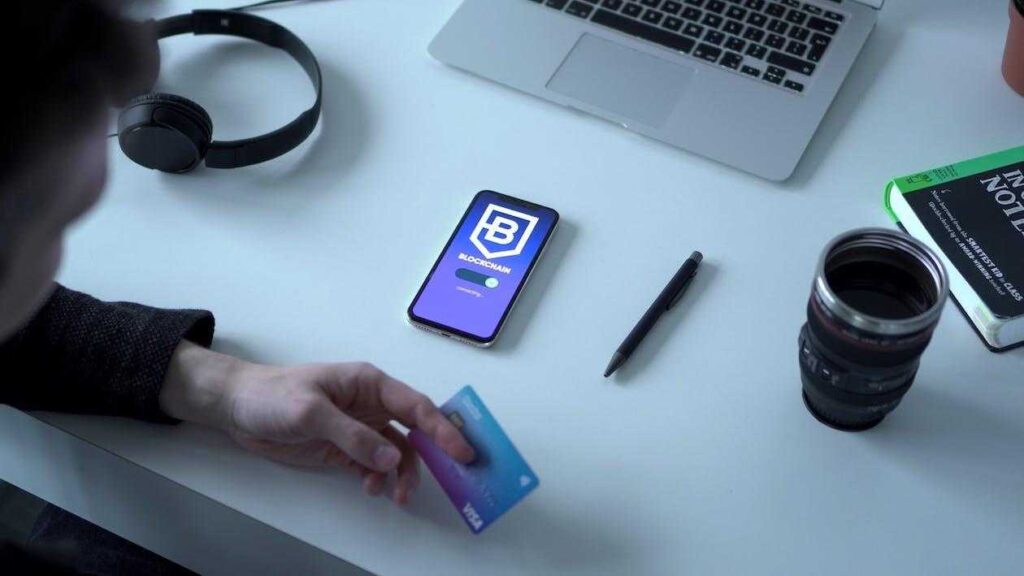
The online shopping industry was already thriving and experiencing significant growth before 2020. However, the COVID-19 pandemic gave it a substantial boost. According to data from Statista, there are approximately 300 million digital shoppers in Latin America, with Brazil and Mexico leading the way, each accounting for about 30% of the market share (as of February this year). The United States remains a dominant player in the global market, and it’s projected to potentially surpass $1.14 trillion in e-commerce sales by the end of 2023. By 2027, it’s expected that online sales will make up roughly 20% of total retail sales in the country.
Online shopping has become an integral part of our daily lives, and it’s a sector that’s gaining traction in the minds of those who are willing to take risks and steer their path. Marketplaces play a crucial role in facilitating more purchases, enabling customers to easily compare prices and helping many manage their finances more effectively in the face of rising living costs. This is a sustainable business model with promising growth prospects. It’s all about creativity, dedication, and understanding not just your surroundings but also consumer preferences.
Although they originated in 2009 as a project that many considered utopian, today they have successfully captivated millions of people worldwide. This is because, among numerous other advantages, their concept shares similarities with the feelings of freedom and modernity we experience when making online purchases of our favorite items. Indeed, cryptocurrencies have come to completely revolutionize a financial system where millions feel excluded or have opted out. Today we aim for a more organized and direct approach to discuss the benefits available to you when you decide to integrate cryptocurrencies into your e-commerce.
What can cryptocurrencies offer me?

- Speed, simplicity, and efficiency: cryptocurrency transactions bypass third parties and are not affected by the common inconveniences sometimes encountered in traditional online banking. These transactions are not only secure but also happen in real-time and typically take just a few minutes to complete. You no longer need to tolerate the idea of waiting for several hours, or even days, for a bank transfer to go through, not to mention sharing sensitive personal information.
- Privacy and security: Blockchain transactions offer anonymity, decentralization, and robust protection against potential cyberattacks. Counterfeiting cryptocurrencies is not possible, and users are not required to share personal or financial information. The concept revolves around self-management of your funds rather than relying on a third party. If you opt to entrust some of your funds to a centralized service, it’s advisable to do so with a clear strategy and for a limited duration.
- Cheaper transactions: these transactions are much more affordable than standard transfers between banks, especially for international transfers. Just to provide some context, there are projects like USDT on TRON (TRC20) or DASH, which only cost $1 and 0.0016 DASH (equivalent to $0.042) respectively for sending money.
- Versatility for accessing global markets: cryptocurrencies are not limited by borders or similar restrictions. The opportunity to connect with customers worldwide is readily available to you.
- They help prevent fraud: we’re talking about chargebacks, which occur when the holder of a debit/credit card questions a transaction, even after it’s been paid, by contacting their bank and claiming, for instance, that they didn’t authorize the purchase. How can cryptocurrency help reduce this risk? It’s straightforward: Blockchain transactions are irreversible, so it’s crucial to be careful when sending and receiving money.

Many traditional service providers offer the option to receive payments using cryptocurrencies, and there are digital wallets that store your information on remote servers. These virtual wallets hold your public and private keys, with the private key being the most important (only the person with the private key can access the funds). You can install them as apps or web browser extensions. Public keys are like your bank account number, while private keys are similar to the security code of a card linked to that account. Some examples of these wallets are Electrum, Breez, and Bitcoin Core. There are also hosted wallets, managed within exchanges like Binance or Coinbase. However, it’s essential to know that with this method, users don’t have full control over their private keys. Instead, the exchange holds custody of the funds, which can introduce some uncertainty, as exchanges can be vulnerable to hacks or regulatory issues. Additionally, there are physical wallets, which are hardware devices about the size of USB sticks.
Should I be worried about something?
Just like with any new instrument, especially if it’s financial, the use of cryptocurrencies in e-commerce also presents challenges that you need to consider. We’ll take this opportunity to discuss specific aspects you should keep in mind:
- Price Volatility: It’s a significant concern for many individuals who are uncertain about diving into the world of cryptocurrencies. Financial markets can be delicate and are influenced by external events, causing the value of digital assets to fluctuate. Adding some current context, at the time of writing, the value of Bitcoin stands at $31,605.85, marking an increase from $29,846.69 just 24 hours ago. While notable increases can occur within hours, the situation can also be adverse. Many may wonder: “Is there a way to protect against this volatility?”. The answer is yes, and this issue has led to the emergence of stablecoins (we recommend reading this article), which are tokens usually tied to the value of the US dollar. People use assets like USDT, DAI, or USDC to shield themselves from the volatility of the crypto markets.
- Converting cryptocurrency payments to fiat currency may pose an initial challenge, particularly for those who are not well-versed in using crypto assets. However, this challenge is not insurmountable, and the process may be less cumbersome than many think. Today, there are services like MyEtherWallet that enable the conversion of cryptocurrencies to fiat money without the need for a KYC procedure. Additionally, exchanges such as CoinEx and Kraken offer similar functionality. If clients prefer, they can even execute the conversion within Binance, the largest centralized exchange by market capitalization globally.
Cryptocurrencies benefit both businesses and customers, and it’s that straightforward. We understand that this sector might seem intimidating, as it blends financial principles with the world of IT. However, we firmly believe that with guidance and research, you can quickly realize the advantages and never look back. Changing aspects of the status quo can be both exhausting and unproductive for many, but it’s called a “comfort zone” for a reason.
Considering that online shopping is already a fundamental part of our daily lives, it’s an opportune moment to ask ourselves, especially if you have an entrepreneurial vision and want to enter the world of online sales, whether there are valid reasons for not embracing cryptocurrencies and relying solely on traditional payment methods. We believe the evidence speaks for itself.
Blockchain and cryptocurrencies have revolutionized online transactions. We couldn’t stand by without participating in this ever-evolving landscape of innovative solutions. Our goal is to analyze successful use cases and those that fell short to provide you with a cutting-edge alternative, one that offers incredible opportunities to buy your favorite products and grow your business.
Alongside educating you on these exciting topics, we’re introducing LOAD, a token that powers a project we’ve been diligently working on. We’ve been hinting at it in our previous notes, and it’s designed to enable cost-effective and efficient transactions. Users can actively engage with the ecosystem, take part in decision-making processes, and earn LOAD tokens for their contributions. Notably, a significant portion of LOAD tokens will gain prominence through airdrops and partnerships with Web 2.0 companies, bridging the worlds of Web 2.0 and Web 3.0.
We want to provide various local communities with the tools they need to leverage our open-source protocol and establish their online marketplaces. LOAD is more than just a cryptocurrency; it’s a gateway to an exciting future. Stay tuned for more updates.